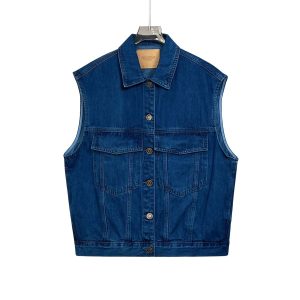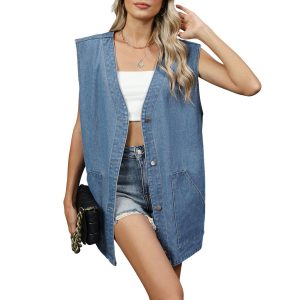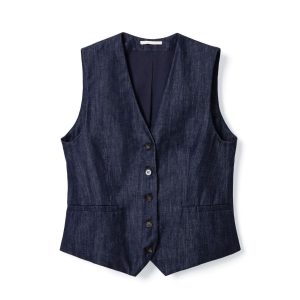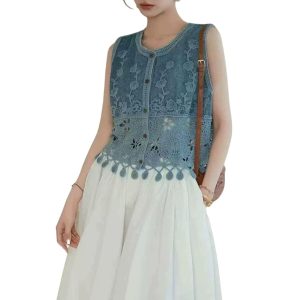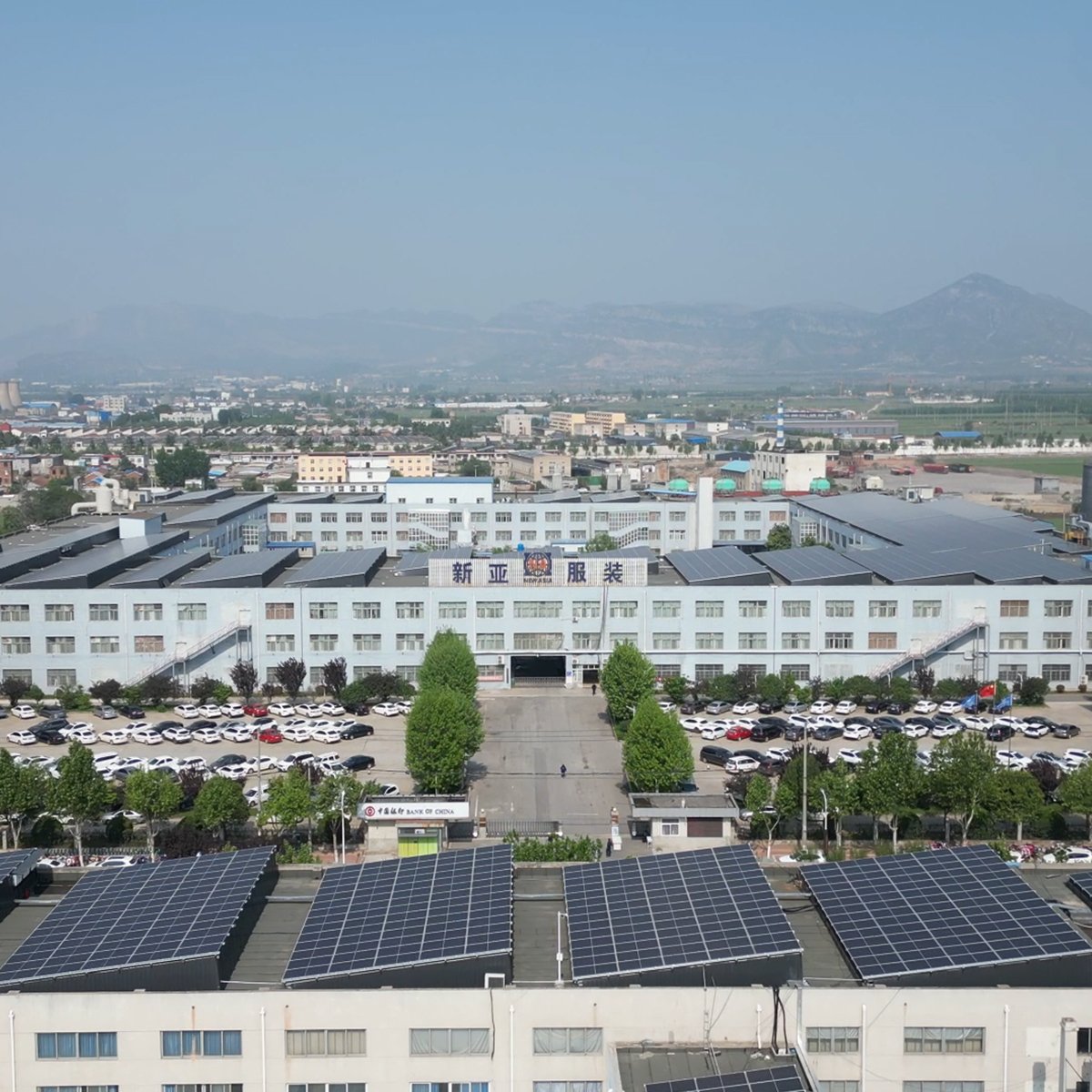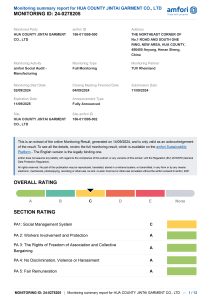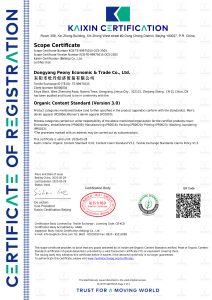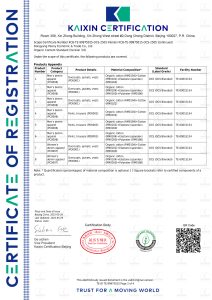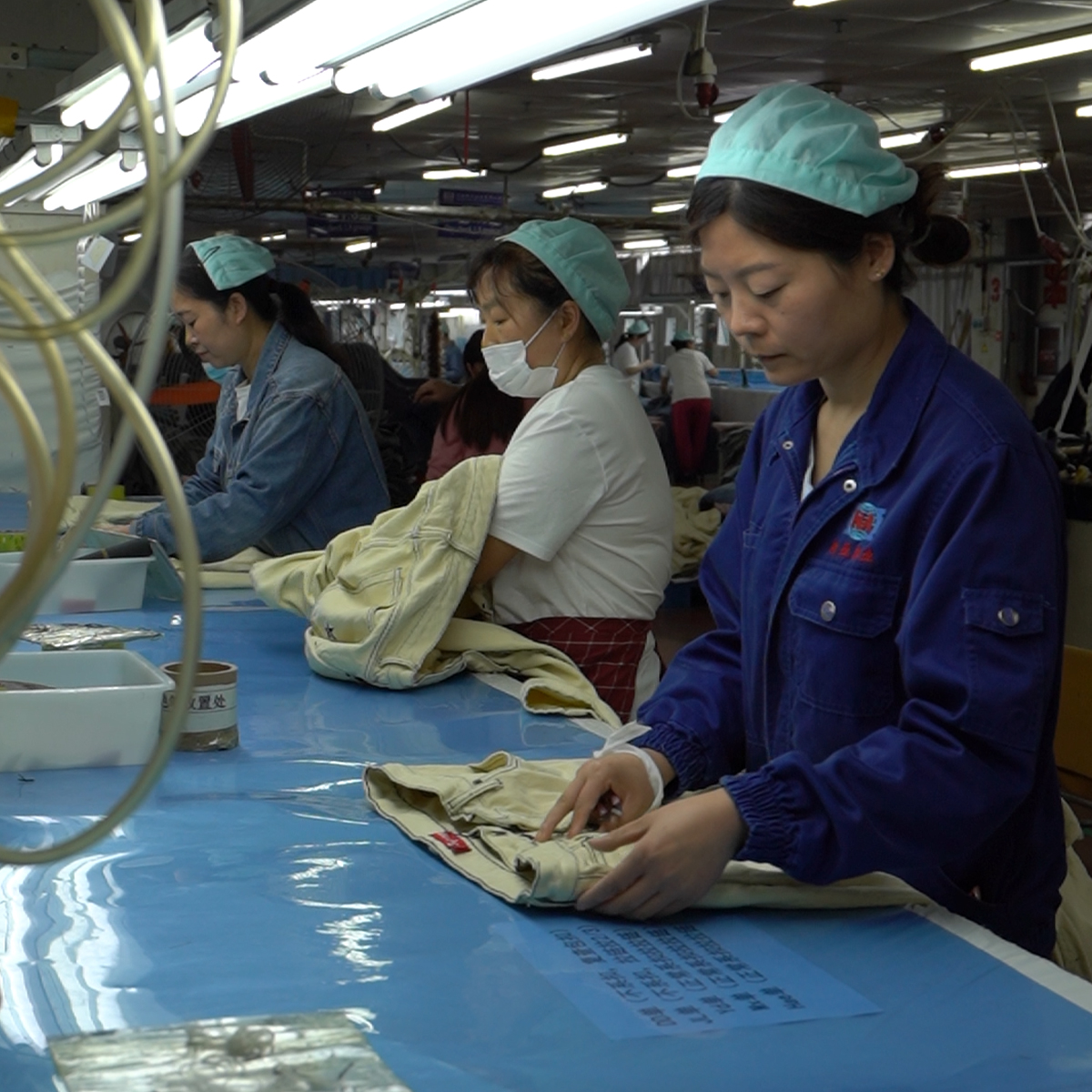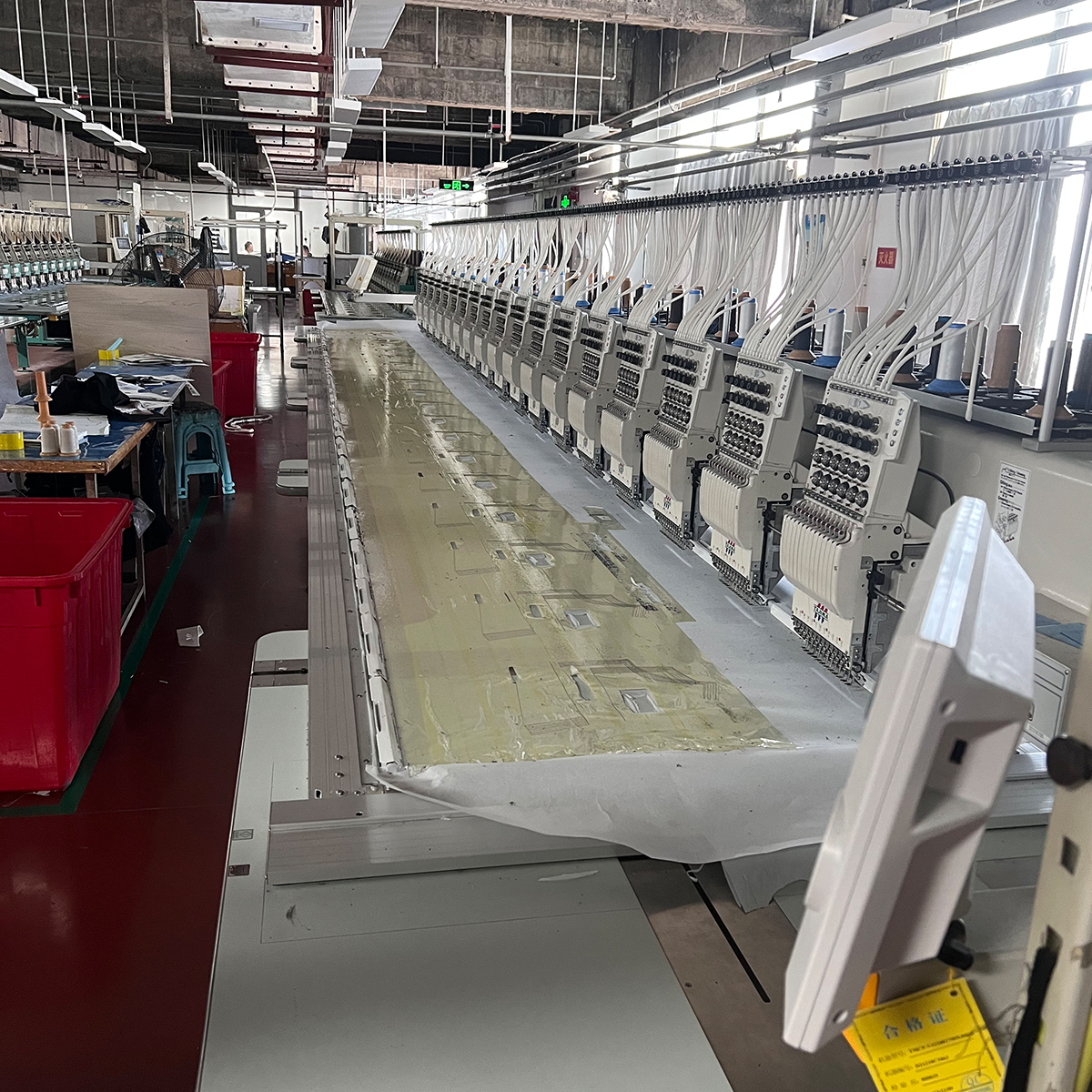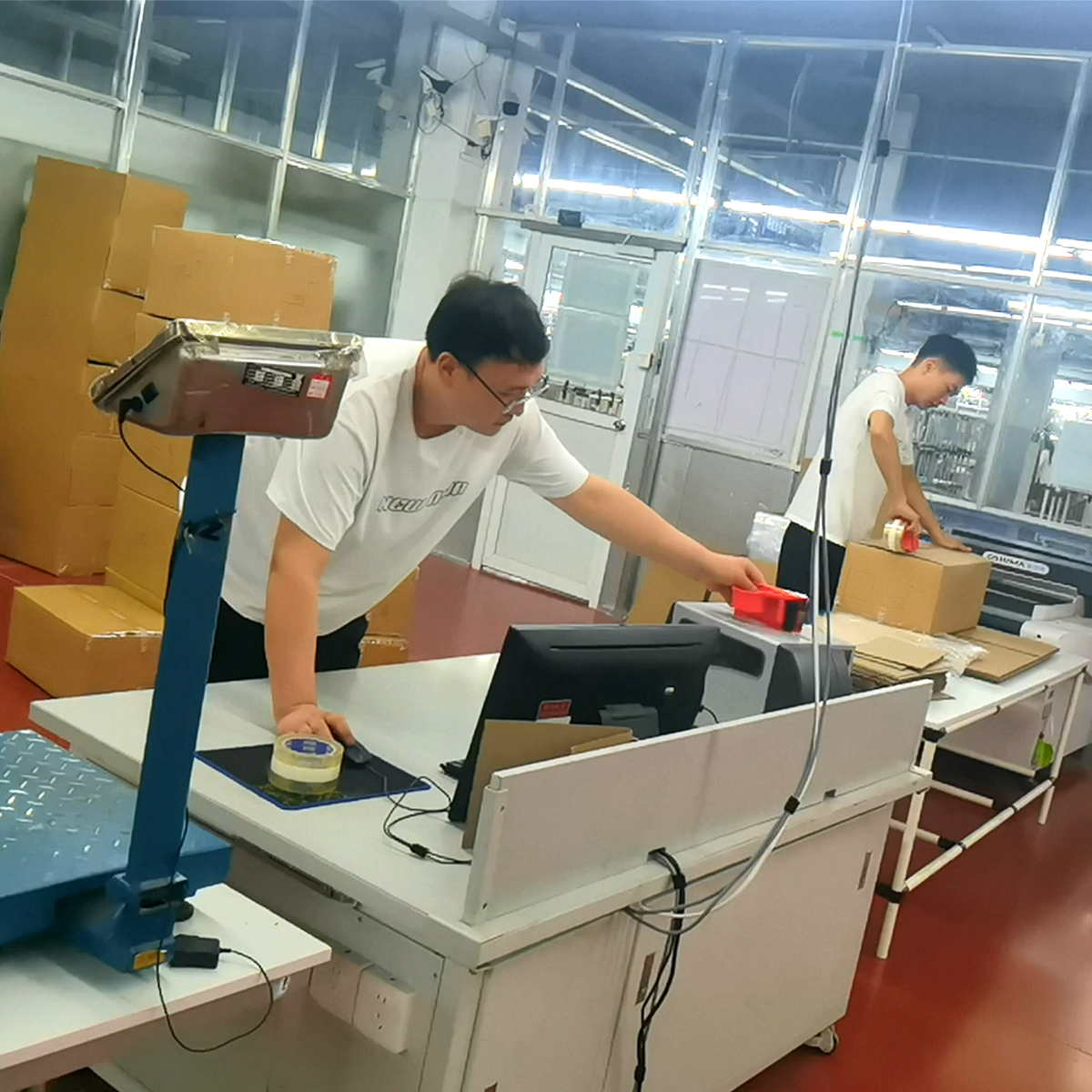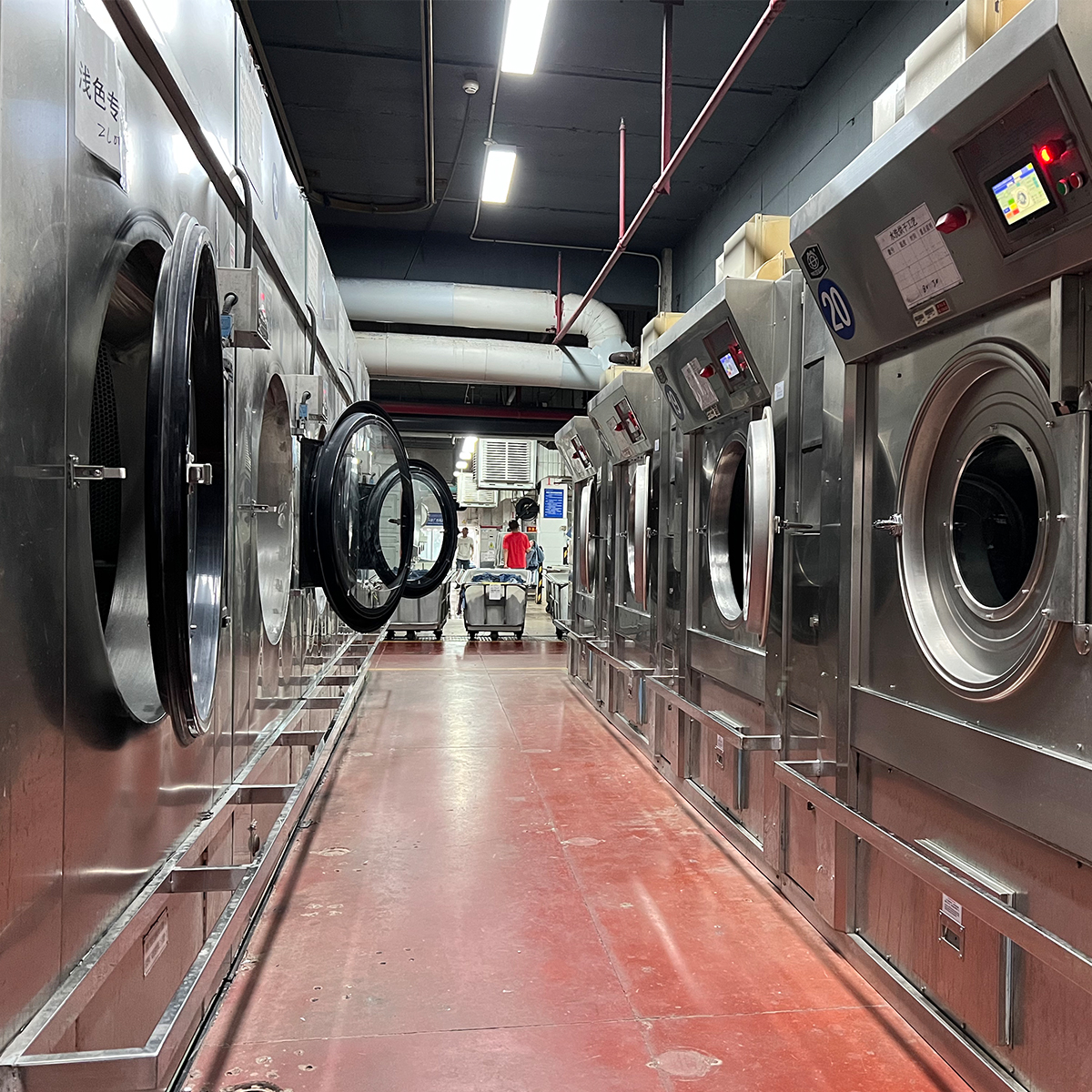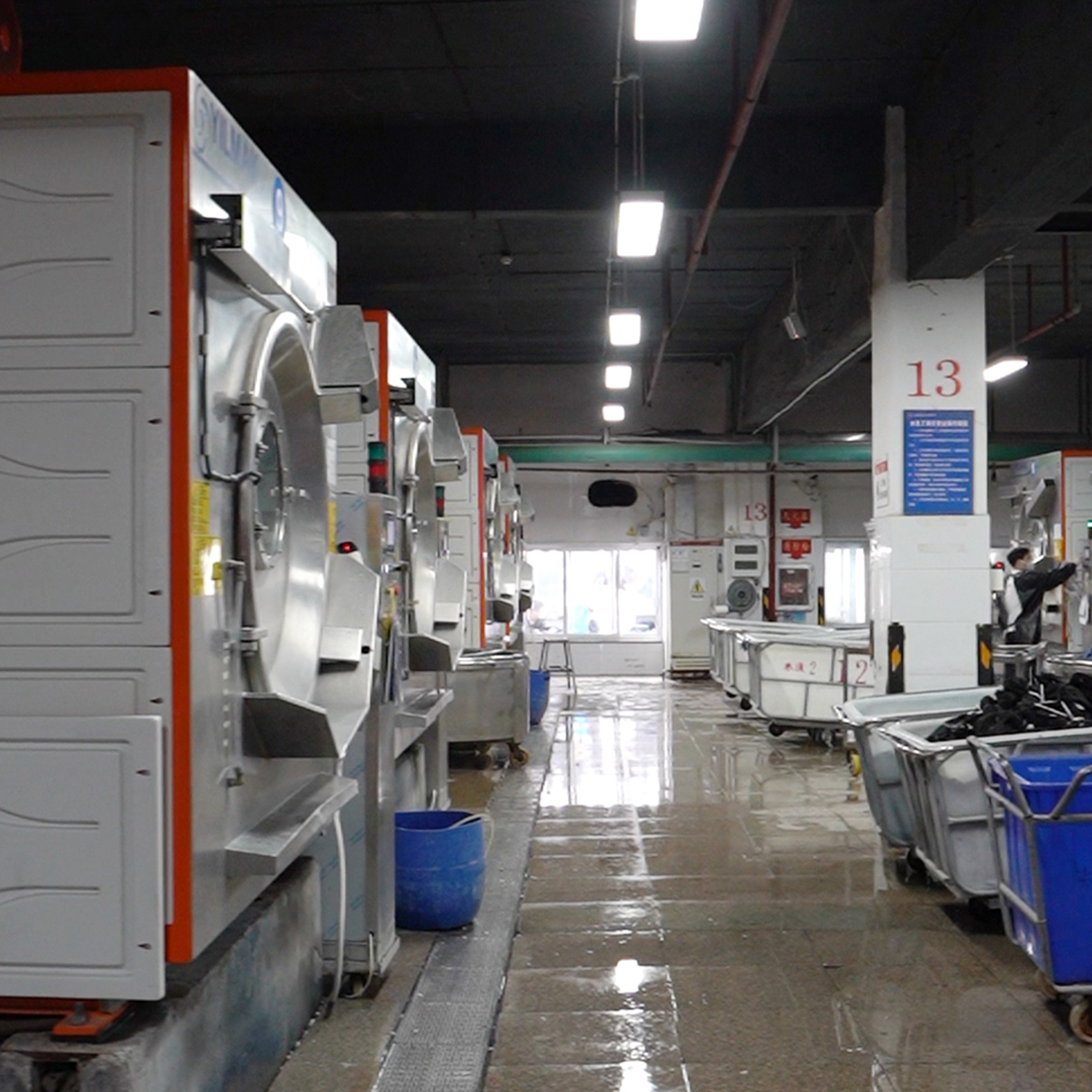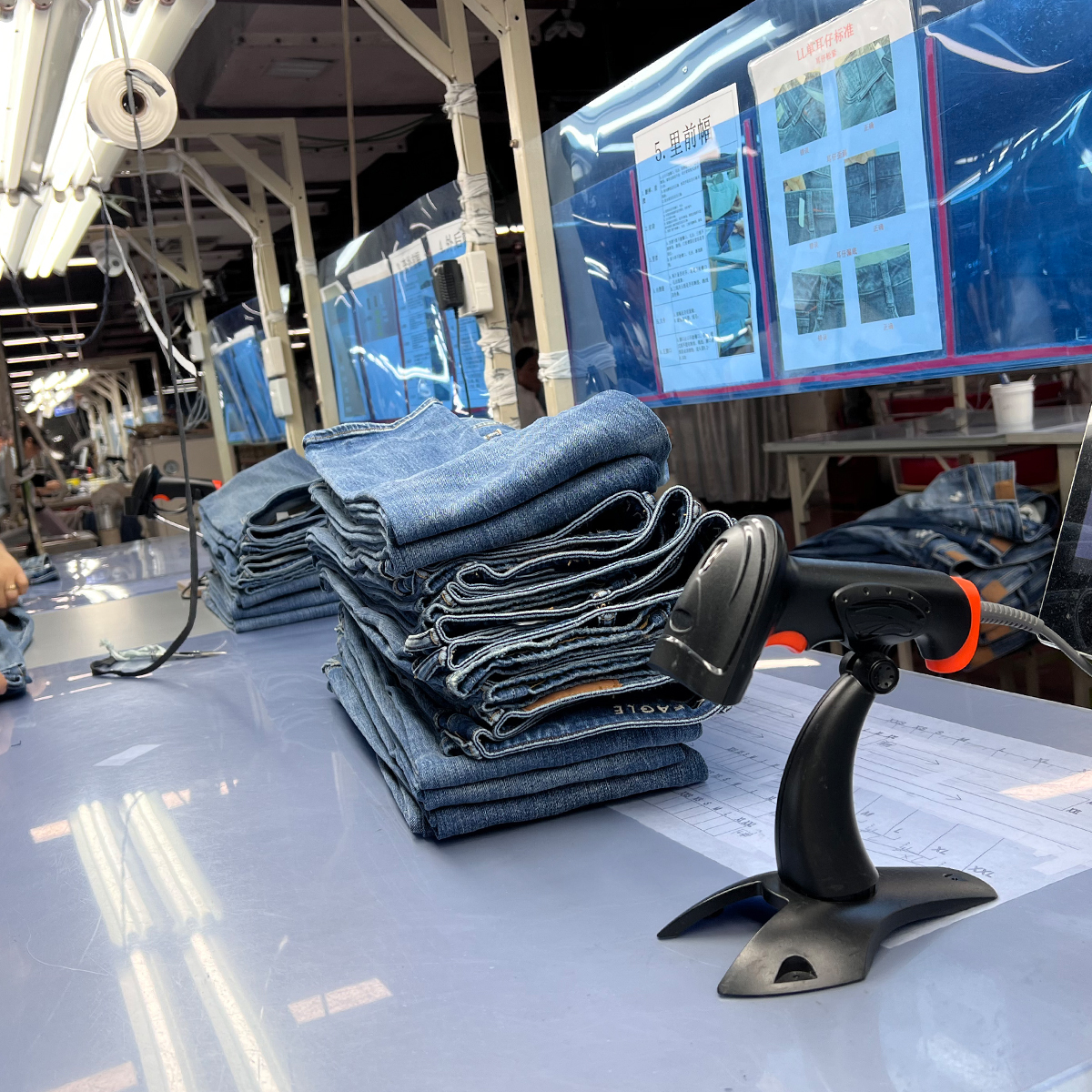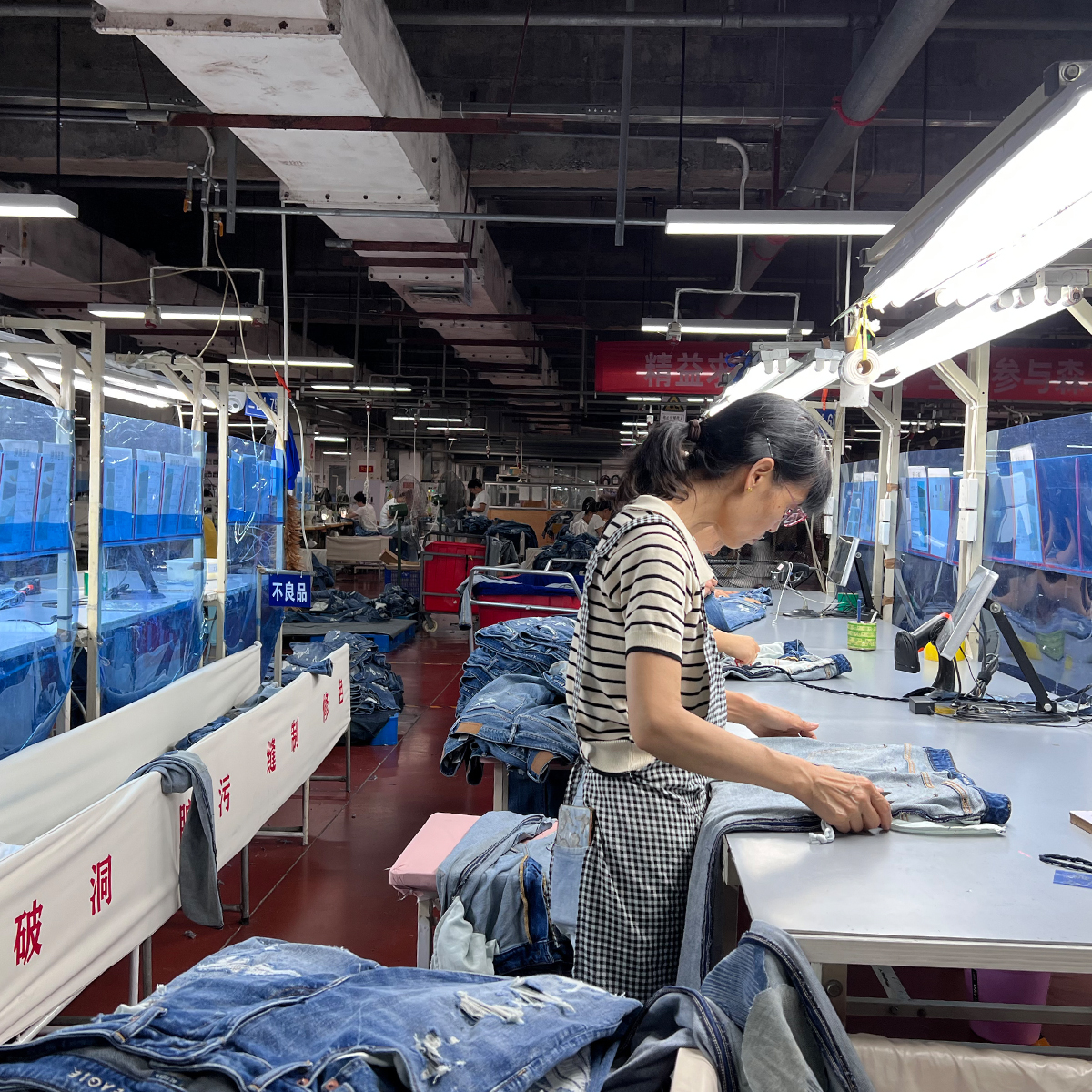In the ever-evolving landscape of fashion, few styles have demonstrated the resilience and influence that hip hop-inspired clothing possesses. Among these, hip hop jeans have become a staple in streetwear culture, seamlessly blending comfort, style, and attitude. These jeans are more than just apparel; they are a statement of identity, creativity, and rebellion. Today, we delve into the world of hip hop jeans manufacturing, exploring their origins, design philosophies, and how they are shaping the future of urban fashion.
The Roots of Hip Hop Jeans: A Cultural Revolution
Hip hop culture emerged in the 1970s in the Bronx, New York, as a powerful form of expression for marginalized communities. Beyond music and dance, fashion became a major means of asserting identity. Baggy jeans, oversized fits, and bold designs started to surface, symbolizing freedom and resistance against mainstream standards.
Early hip hop artists popularized the look by pairing the baggy jeans with sneakers, caps, and streetwear accessories. Brands like FUBU, Karl Kani, and No Limit became synonymous with the movement. As hip hop grew beyond the streets into global arenas, so did its sartorial elements, including the iconic jeans style that would dominate urban fashion.
Design Elements That Define Hip Hop Jeans
Modern hip hop jeans are characterized by their bold design choices tailored to express individuality:
- Oversized Fit: Historically, baggy and loose-fitting jeans symbolize rebellion and comfort. Today, many manufacturers produce XXL or triple XL sizes, embracing a relaxed silhouette.
- Distressed and Ripped Details: Frayed edges, tears, and faded effects add an edgy, worn-in aesthetic that resonates with street culture.
- Bold Logos and Embroidery: Large patches, brand logos, and intricate embroidery serve as status symbols and artistic expressions.
- Unique Washes and Colors: Beyond traditional denim blues, manufacturers experiment with black, gray, acid-wash, and even bright or neon-colored jeans.
- Innovative Materials and Tech: Some brands incorporate stretch fabrics, reflective elements, or waterproof coatings to blend fashion with function.
Leading Manufacturers and Brands in Hip Hop Jeans
Numerous brands have contributed to the evolution of hip hop jeans, blending street authenticity with contemporary fashion. Some of the most influential include:
1. Ecko Unlimited
Founded in the early 2000s, Ecko Unlimited became a cornerstone of urban streetwear, offering baggy, distressed jeans that appealed to the youth. Its signature rhinestone and graffiti-inspired designs became wildly popular in the hip hop scene.
2. G-Star RAW
Known for its innovative denim techniques, G-Star introduces rugged, stylish jeans with urban influences. Their collection often features oversized fits and unique washes that align well with hip hop aesthetics.
3. Cross Colours
Emerging in the late 1980s, Cross Colours was all about vibrant, bold designs and eco-conscious messaging. Their baggy jeans and oversized fits spread across hip hop communities worldwide.
4. K-ANBA
This newer player in the market champions streetwear with a focus on high-quality, oversized denim, incorporating hip hop motifs and rebellious messaging.
5. Local Artisans and Boutique Labels
Alongside global brands, many small-scale manufacturers craft custom-made, limited-edition jeans that fuse traditional craftsmanship with hip hop culture, often featuring hand-painted designs or custom embroidery.
The Manufacturing Process: From Concept to Closet
The journey of creating authentic hip hop jeans involves several meticulously crafted steps, combining industrial processes with street-inspired design sensibilities:
Design and Ideation
Designers draw inspiration from hip hop history, urban art, music, and current trends. Sketches emphasize oversized fits, bold graphics, and distressed effects. Color schemes range from classic indigo to electric hues.
Material Selection
High-quality denim is the backbone, often combined with progressive fabrics like elastane for stretch, or coated for a matte or shiny look. Eco-friendly options are gaining popularity, aligning with sustainable fashion initiatives.
Cutting and Sewing
Pattern pieces are cut from fabrics based on the oversized design templates. Sewing focuses on durability, especially around stress points like pockets, seams, and crotch areas, to handle the heavy wear typical in streetwear.
Distressing and Finishing
This stage involves manually or machine-assisted distressing, including ripping, fraying, bleaching, and washing. Techniques are customized to produce unique, one-of-a-kind effects.
Branding and Embellishments
Labels, patches, embroidery, and graffiti-style graphics are added, often designed in collaboration with street artists or hip hop icons.
Quality Control and Distribution
Each pair undergoes rigorous inspection to ensure quality standards. The finished jeans are packaged and distributed to streetwear boutiques, online stores, and urban fashion outlets globally.
The Impact of Hip Hop Jeans on Urban Fashion
Hip hop jeans have profoundly influenced global fashion trends, transcending their cultural origins to become mainstream staples. Their bold silhouettes and rebellious aesthetic inspire countless fashion designers and streetwear brands worldwide.
In recent years, collaborations between popular hip hop artists and clothing brands have accelerated the trend of customizing jeans, with limited-edition drops often selling out rapidly. This synergy fosters authenticity, allowing fans to wear merchandise that reflects their musical heroes and cultural icons.
Urban festivals, music videos, and social media platforms continually celebrate hip hop jeans as symbols of self-expression. As sustainability becomes a growing concern, many manufacturers now seek to produce eco-friendly versions, blending street culture with responsible fashion practices.
Ultimately, hip hop jeans serve as a canvas for storytelling¡ªchanneling messages of resilience, pride, and individuality. They embody the spirit of a community that refuses to be confined by traditional fashion boundaries.
As new generations continue to push creative limits, the manufacturing of hip hop jeans remains a dynamic industry, continuously evolving while paying homage to its roots. The fusion of cultural influence, innovative design, and passionate craftsmanship sustains their relevance in the global fashion scene.



